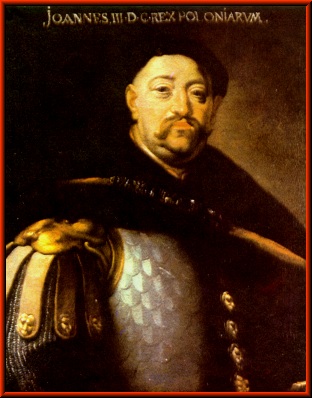Poland (later Poland-Lithuania) - alongside Hungary and the Teutonic Order - can be credited with spreading western cultural trends during the Middle Ages and during the Renaissance to the east.
For example, the map below shows the easternmost extent of Late Medieval so-called Gothic style in architecture.
Historical eastern range of Gothic architecture starts at the coast of the Gulf of Finland near Narva, then goes to the west of the Estonian-Russian border to Vasknarva and Tartu, and then to the west of the Latvian-Russian border to Alūksne, Viļaka, Ludza and Daugavpils.
After crossing the Latvian border it follows towards the city of Polotsk in North-Eastern Belarus, then from there it goes to Kamai, after that to Kreva, and from there it follows to Dzyarzhynsk (formerly Koydanava), which is located just to the south-west of the Belarusian capital city of Minsk. From that locality it goes through Mir and Iskaldz to Kletsk. And then it follows to Kamyanyets, located just to the north-east of Brest-Litovsk.
From that place, it goes exactly along the Bug River (i.e. the current Polish-Belarusian and Polish-Ukrainian border), through Kodeń and Bieławin.
Then, near Horodło, it crosses the Polish-Ukrainian border and enters Ukraine, going to Zimno (Зимне) near the border with Poland. From Zimno, it goes to Lutsk, Klevan, Hubkiv and Korets. From there it follows to Ostroh, nearby Mezhyrich and Novomalyn. Then it goes to Kremenets, Staryi Zbarazh and Terebovlya. From there it then leads to Medzhybizh and Letychiv. Then it goes on to Sutkivtsi, Kamyanets-Podilsky and to Khotyn.
After that point, the line of the eastern extent of Gothic architecture crosses the present-day Ukrainian-Romanian border, and follows to Dorohoi. From that place, it goes south to Botoșani, Hârlău, Roman and Bacău. At that point, it turns to the south-west and goes towards Prejmer, Hărman and Brașov. After reaching the city Brașov, as far as I know, it turns sharply to the west, but I'm not certain, so I will end at this city.
Map illustrating the description posted above (BTW - IIRC, Gothic architecture exists also in Finland, right?):
(the map also shows approximate eastern limit of Romanesque architecture - green points):
http://s17.postimg.org/6csmd902n/Gothic_architecture.png
Early Medieval Romanesque architecture did not extent as far east as later Gothic architecture.
Check also the map of dominant (ruling) religions around year 1060:
http://s21.postimg.org/4b5i2cprb/Religions_in_1060.png






